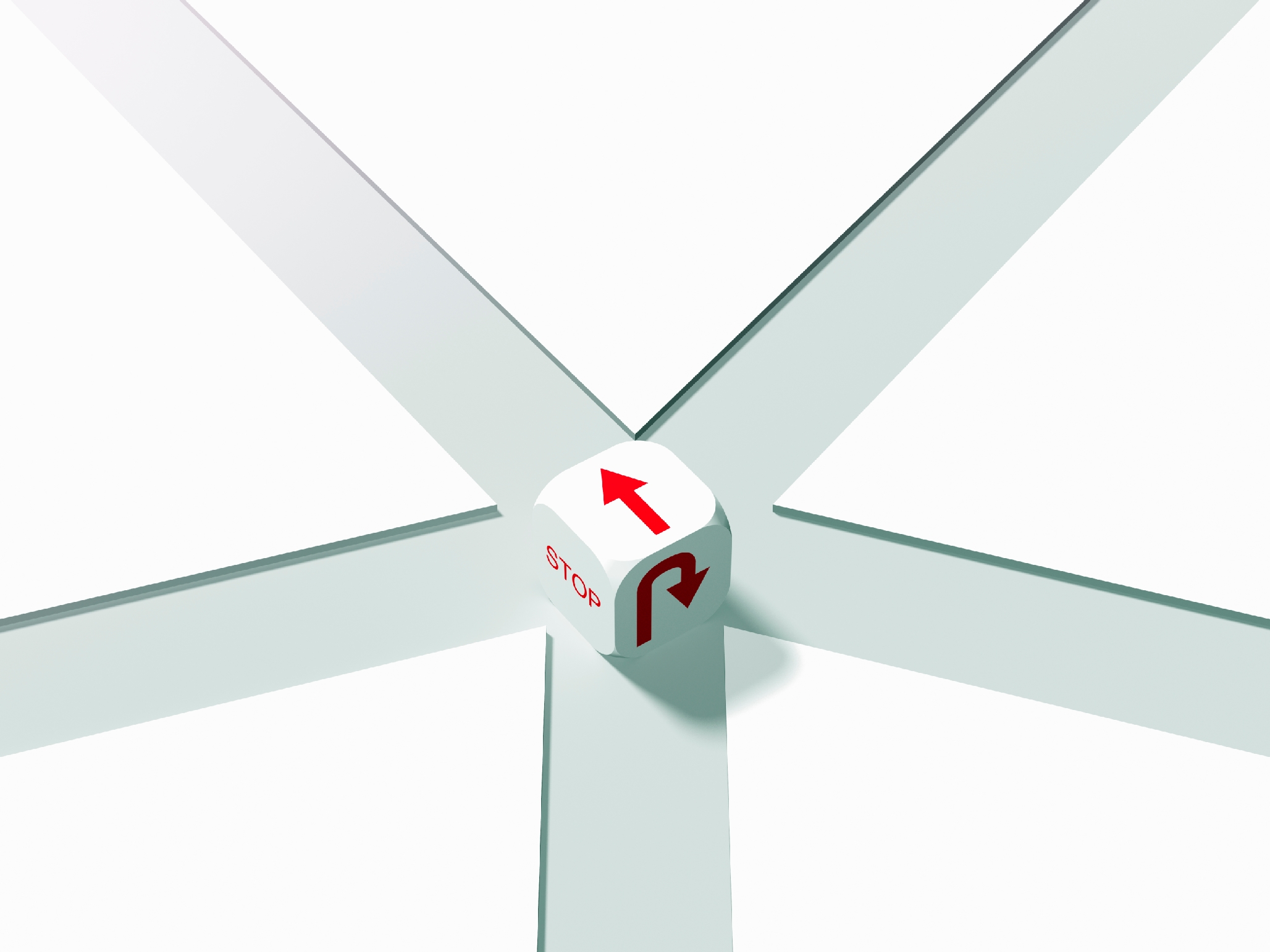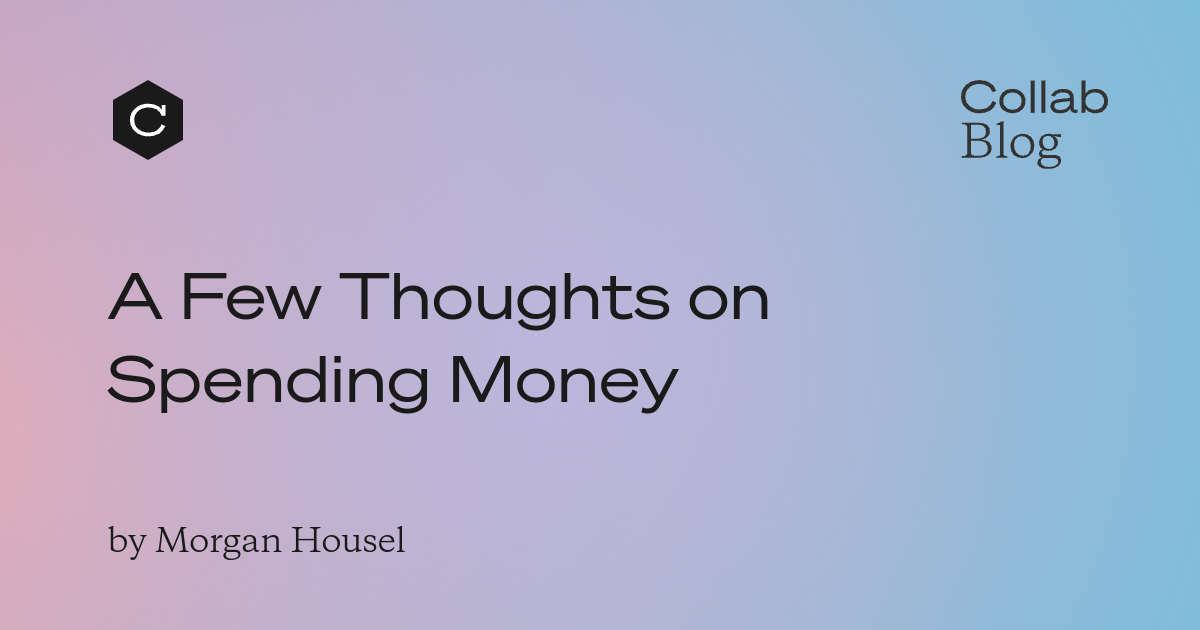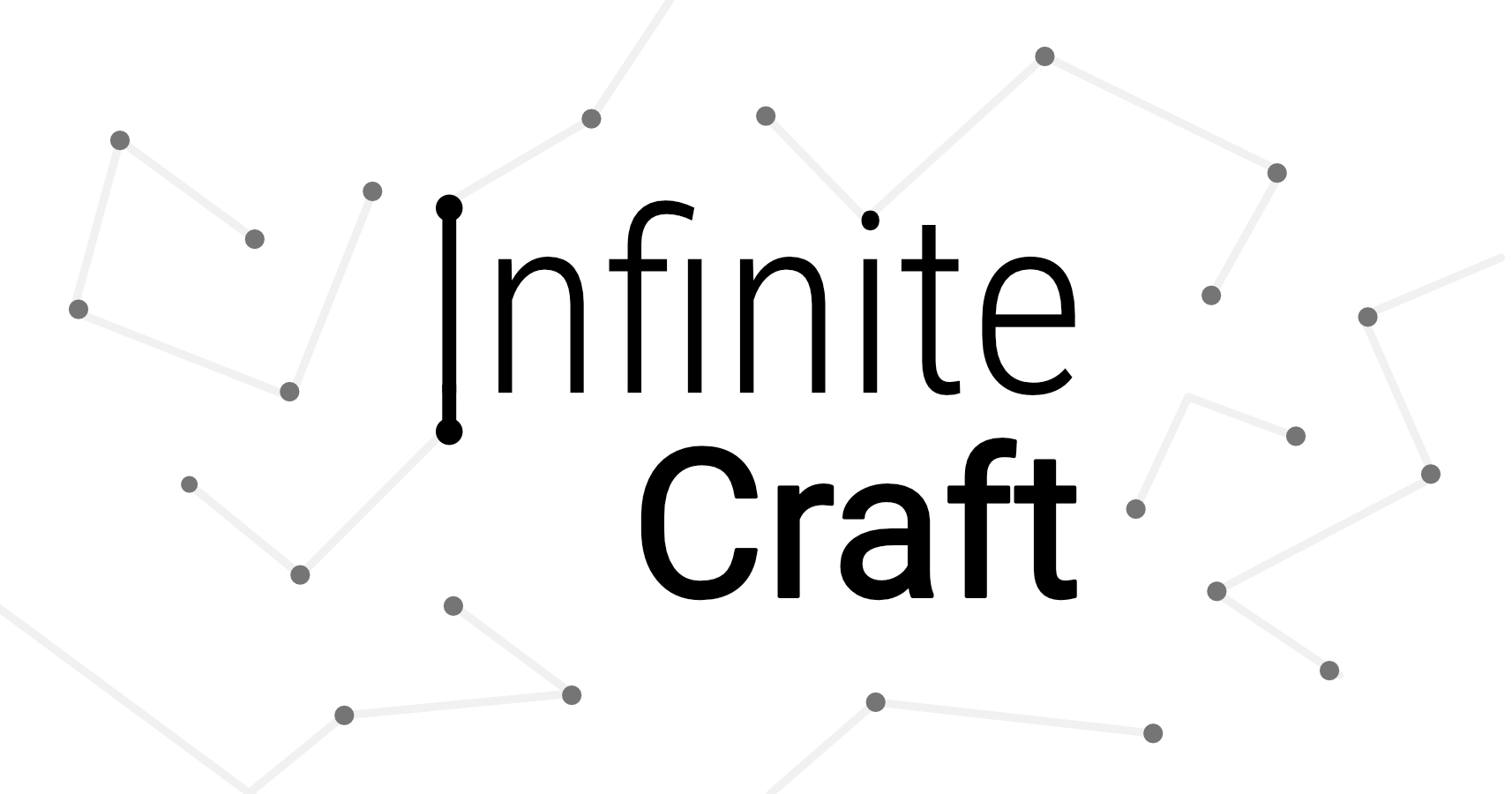The Really Uncomfortable and Necessary Psychology of Quitting
Apologies for the hiatus. January was...well, January. But we are here, in February nonetheless. To make up for it, you'll get more from me this month. Plus, there's 29 days.
When I quit the company I helped build, I felt nothing. I didn't feel freedom, I didn't feel joy, I felt, literally nothing. That was, of course, until the moment where everything felt like it was all there was. Even now I don't tell the story publicly, because it has been swept up in to the tiny zeitgeist of that moment.
But the shame gets to you before anything else. Then the loathing, then the spiral, and then, somewhere in between why did I do that, and what's next, you can start to breathe. It's much harder and better than you imagine.
...unless its not, in which case, the story sounds nice, but it does not end that way. Sometimes it's also just trash. Quitting is just stopping something, but it carries a different weight when you say it, when you do it, and when you talk about it.
Quitting-as-a-Service
Unsurprisingly, companies are right terrified of getting cursed out digitally for bad layoff practices. Nothing worse for your brand marketing and comms team, than to witness someone record receiving a poorly written email about a 'reduction in force'.

Viral layoffs put employers on edge | LinkedIn
Sarah Rodehorst, the cofounder of layoffs logistics startup Onwards HR, said her company has seen a 300% increase in clients seeking to avoid public backlash over job cuts.
But if an employer is nervous about becoming anathema for bad process, then the anxiety about quitting something personal, is equal if not larger.
But no one provides adequate software for how to quit well. I say software, because the operating manuals for achieving, building, managing, scaling, and acquiring, are innumerable. The texts on how to let go, wind down, stop, or end something? Not so much.
This leaves a predicament: if time is a non-renewable resource, how do you learn to quit, when there is so much going on telling you what to need, and how to need it?
The Fallacy Taxes
Author, decision-making strategist, and former poker pro Annie Duke says:
We admire those who persevere, whereas quitting is clearly a vice—at least as people view it—quitting shows that you’re weak willed.

Grit or Quit? Tactical Advice for Founders Facing Tough Company Building Decisions
Quitting is an underrated startup skill, says decision science expert, bestselling author, and former poker pro Annie Duke. She unpacks the psychology behind why itâs so hard to walk away, sharing tactical advice for all the forks in the road, whether itâs abandoning a product, changing your go-to-market strategy, or sadly, shutting down your startup.
What makes leaving anything dubious, is what our minds tell us, whenever we do it, and what it says about us. Most things that matter, take more from us than we might think we have. If you leave something without something else lined up, it can create a kind of fog that can cause distress.
We make 35,000 decisions per day (or we're prompted too). At any given time, what to stop doing is an underlying focus of some of them.
Confirmation Bias: Seeking out information that confirms one's preexisting beliefs while ignoring or discounting evidence that contradicts them.
Availability Heuristic: Overestimating the likelihood of events based on their availability in memory, often due to recent exposure or vividness.
Sunk Cost Fallacy: Continuing a course of action because of past investments (time, money, effort) rather than considering the current situation objectively.
Gambler's Fallacy: Believing that past events in a random sequence influence future outcomes, such as expecting a streak of wins or losses to continue indefinitely.
Anchoring Bias: Relying too heavily on initial information (the "anchor") when making decisions, even when subsequent information should be more influential.
Hindsight Bias: Believing that past events were predictable or foreseeable after they have occurred, leading to an overestimation of one's ability to predict outcomes.
Everyone is susceptible to these, and learning how to recognize them is of course helpful. But it when you multiply that by the hero's journey, things become much more
Talented wünderkind has idea.
Idea encounters massive resistance for a period of time.
Breakthrough moment, the idea is invested in.
Upward trajectory - to the moon!
This is a gross oversimplification of any journey: but the point remains, that quitting is a part of starting or continuing, anything that matters for us or too us. There is no getting away from it, even if we enjoy using words to talk around it.
The Spirals
To resign is to quit. To transition is to quit. To change direction, is to quit the direction you were going. To break up with someone, is to quit the relationship. Quitting is everywhere, but it still gets whispered. It is not an easy nor a straightforward environment from which to grow and be a part of.
And its a good thing. We might not have many of the modern conveniences we enjoy had someone not quit one thing, to do another. We also might not have some of the dangerous and fatal situations we've witnessed, if someone had decided to quit.
But it brings up questions that are challenging to answer in the midst of whatever it is we are letting go of?
Could I not hack it?
What does this say about me?
How can I rebuild my reputation if people see me as a 'quitter'?
Some of those questions remain, others are just fear masquerading as inquiry. All of them, can and will surface.
What I've discovered so far, is the price of being free pails in comparison to the cost of remaining stuck. Sometimes the decision is made by indecision.
Quitting is a skill that can be taught, and learning how to do it well, like anything, we can practice. How to practice, what you practice on, and where you believe you can practice, is difficult to sus out and understand. I'm still learning, but what I do know, is that you cannot ignore it, because you will be called upon to do it. Then do it again. I'll let you know when I quit again.
Shelf Reads

4 Ways to Control Your Emotions in Tense Moments
Don’t let your impulses run the show.
Emotional responsibility is the precondition of emotional influence. You can't change an emotion you don't own.

A Few Thoughts on Spending Money · Collab Fund
There are two ways to use money.
Nothing is as desired as much as the thing you want but can’t have. Material goods that play hard to get mess with our heads the same way people do.

Sex, ska and Malcolm X: MI6’s covert 1960s mission to woo West Indians | Race | The Guardian
Intelligence service secretly funded Flamingo magazine to fight communist threat
Through subtle propaganda activities such as Flamingo, support could be given to such social democrat initiatives while at the same time providing a pool of potential recruitment both here and in Africa and the Caribbean, where the CIA – MI6’s main rival – was a recent interloper.”

Want to sell a book or release an album? Better start a TikTok. - Vox
So you want to be an artist. Do you have to start a TikTok?
Hardly anyone wants to “build a platform;” we want to just have one. This is what people sign up for now when they go for the American dream — working for yourself and making money doing what you love. The labor of self-promotion or platform-building or audience-growing or whatever our tech overlords want us to call it is uncomfortable; it is by no means guaranteed to be effective; and it is inescapable unless you are very, very lucky.
Big Fun:
A guy goes on a date and explains the movie Tenet. A+ execution.
Alright fine, here's me on a date giving my Tenet powerpoint presentation. https://t.co/k4od6Cn5kh pic.twitter.com/KGAjq5v3jb
— Jason Carman (@jasonjoyride) January 7, 2024
You start with water, fire, earth, and wind.Then you make things.

Infinite Craft
A game about crafting
Uncle of the year, no debate.
He loves his niece! She asked him to show up and he showed out lmfao!!! Gotta love it 🤣🤣🕺🏽 pic.twitter.com/zIt5p6Zkb0
— 🅿️ending Ⓜ️illionaire (@ManishLife_Ty) February 9, 2024
Talk soon.